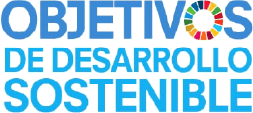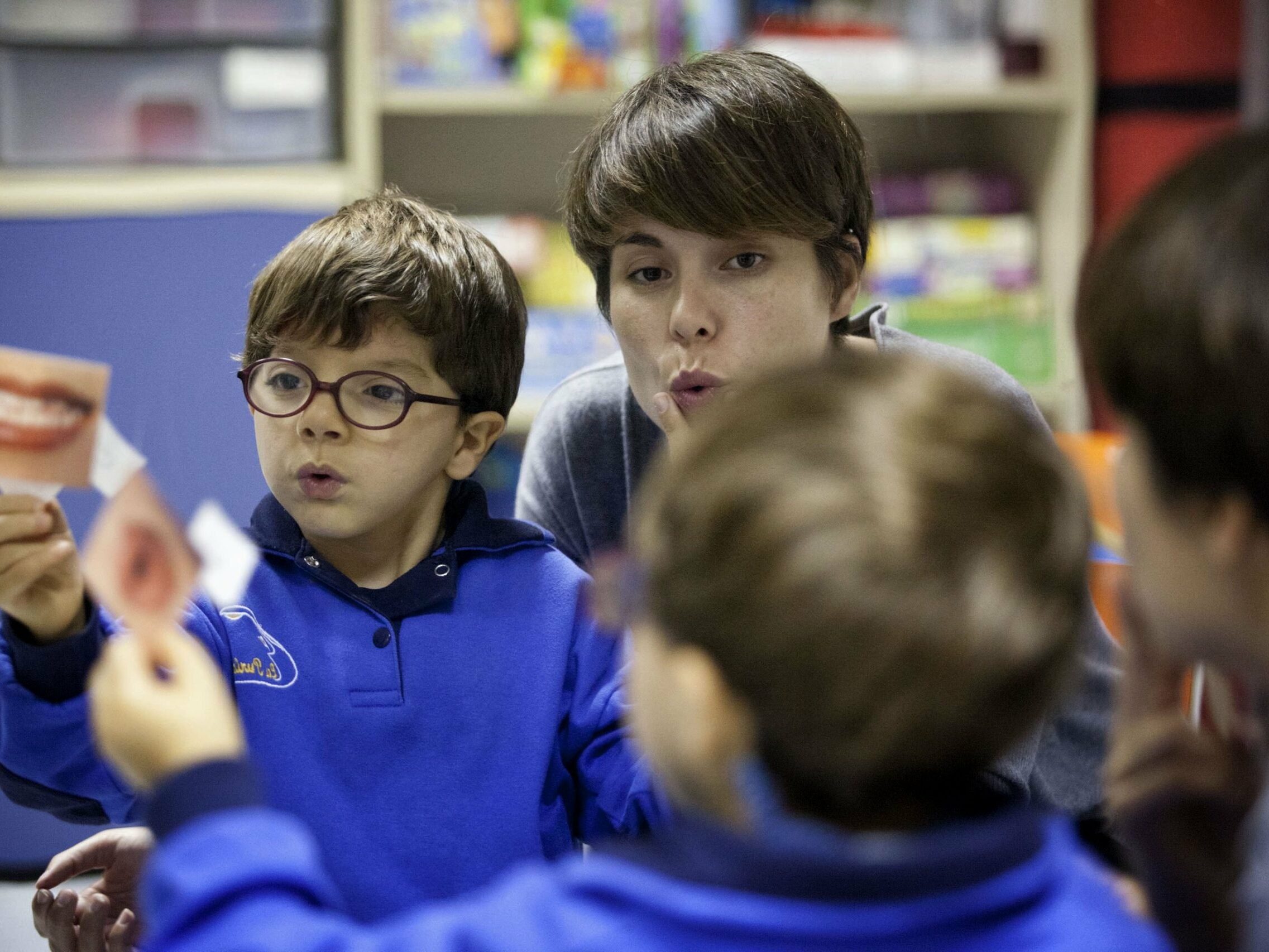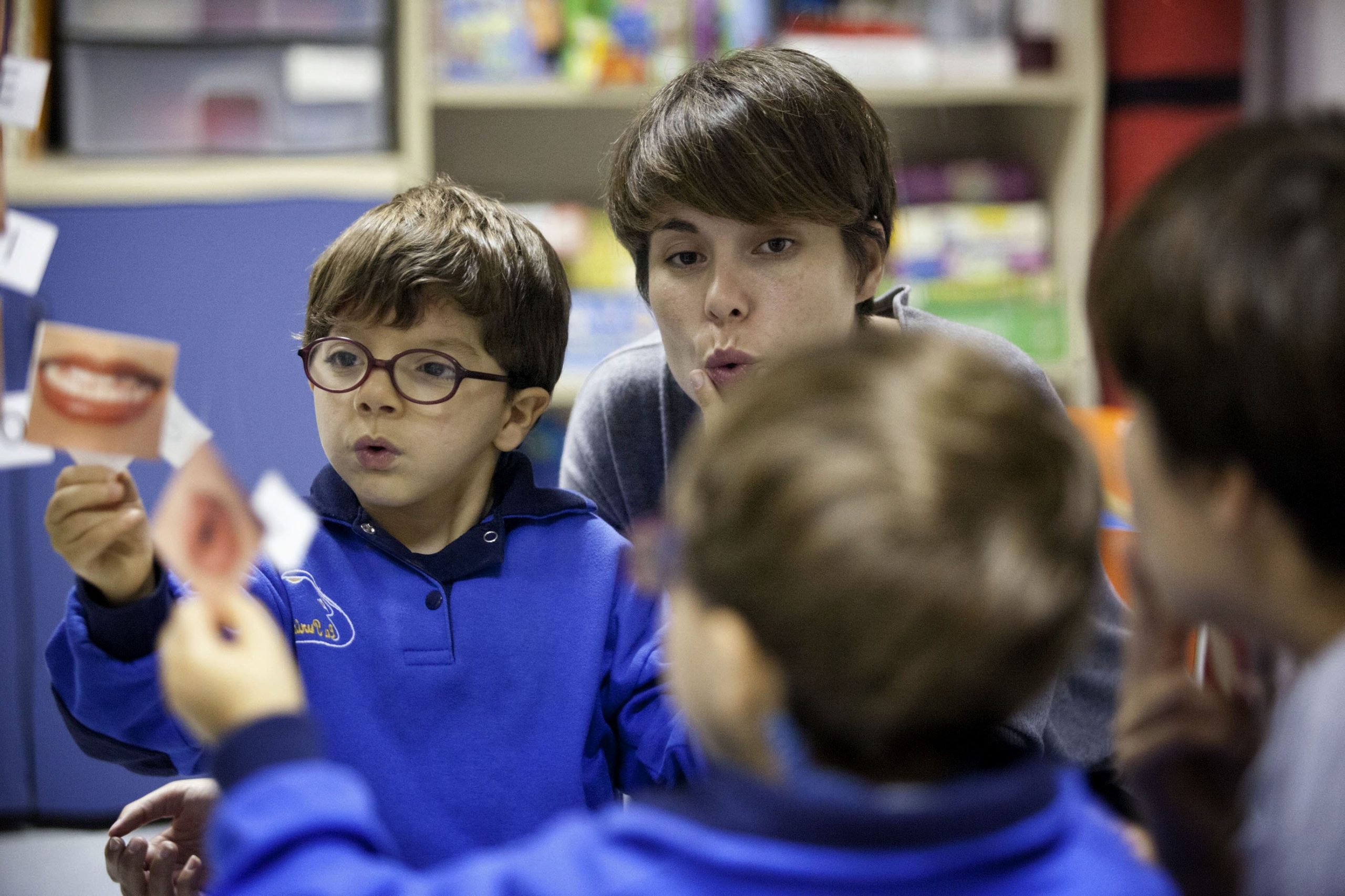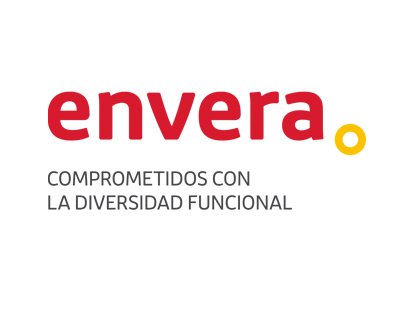PUBLISHED IN El Mundo (Toads and Princesses)
Madrid | March 25, 2020
In view of the exceptional situation being experienced in Spain and the rest of the world due to the coronavirus crisis, the government headed by Pedro Sánchez declared a state of alarm on March 14, including restrictions on mobility on public roads, except in certain justified cases, or the suspension of all on-site educational activities, thus altering the normal day-to-day life of Spaniards in order to prevent the spread of the virus.
Prior to this announcement, some autonomous communities had already anticipated the royal decree published by the central government and had canceled classes or closed early care centers, occupational centers and day centers that usually care for children, adults and elderly people with disabilities and who have thus seen their therapies, occupational activities and social relationships interrupted, forced, like everyone else, to stay at home.
And, as the authorities say, #EsteVirusLoParamosUnidos or we do not stop it. It is everyone's responsibility to follow the recommendations of public institutions and the obligations implied by the state of alarm, including staying at home and extreme hygiene to avoid contracting or transmitting this common enemy.
However, the days go by and it is not always easy to cope with the situation and stay at home for hours that sometimes seem like forever.
It is an understatement to say that the real challenge is to comply with these measures. We lose our routines, our freedom of movement is limited and we are invaded by a sense of strangeness to which we are not accustomed but which is testing our capacity for adaptation and creativity.
Although not all of us are affected in the same way by this situation, there are a series of general tips that we can follow during these days, such as, for example, trying to respect routines, enjoying the family, doing activities at home for which we never find time, contacting - from a distance - with our family and friends, taking care of family relationships... Undoubtedly, these are useful tips that many people do not have enough time for, especially if they live with children with disabilities or special needs.
This is the situation of many families whose sons and daughters usually have professional, educational and therapeutic support that they now lack, at least in person.
From the Early Care and Neurodevelopmental Service of Envera, a non-profit organization that works for the social and labor inclusion of people with intellectual disabilities and whose child and youth care team is a reference in the Community of Madrid, we put ourselves in the place of these families: we can not help but think of the parents who today are finding at home an excess of motor restlessness, high doses of irritability, tantrums more or less durable and non-acceptance of limits, to name just some of the behaviors that can easily appear in children with developmental disorders to a drastic change in their routines and daily support.
Our multidisciplinary team of psychologists, special education teachers, speech therapists, physiotherapists, social workers and other social and health professionals have put together some keys to make these days more bearable for the whole family:
- Don't demand more from yourself than what can be given in these circumstances: adjust your expectations. It's all very well to have everything under control, but this may not be the time. Set daily goals and enjoy the small achievements.
- Maintain routines and good organization. As far as possible, try to maintain the same schedules for meals, sleep, personal hygiene and other daily activities that you had until now. This is a fundamental requirement not only for children but also for adults.
- Find spaces for disconnection. If the situation allows it, establish some time during the day when each of you can relax and do things that make you disconnect: rest a little, talk to friends, do some activity that you enjoy (reading, playing, crafts)... You will recharge your energy and it will help everything go better.
- Try to look at the situation from a positive point of view. How many times, during these months, have you not had the necessary time to do daily activities with your child in a slow and careful way? The day has come! Take the opportunity to do the daily routines of feeding, hygiene and dressing in a calm way, prioritizing autonomy, communication and trust.
- Look for movement and sensations through controlled activities and games, such as tickling, ball games, swinging, yoga for children... Many of the tantrums and situations of discomfort that will appear at this time have their origin in the lack of physical activity.
- Create an environment that conveys security and confidence. Playing family games, doing activities that the child masters or giving him small responsibilities, such as helping to put the washing machine on or clear the table, can make your child feel valued and recognized.
- Get your creativity going and find attractive and innovative games that will make you enjoy yourselves and have a good time. Take a look at the many websites that offer a multitude of proposals and choose the ideas that best suit the tastes and needs of your child.
- Set aside a time during the day for tasks that require concentration and a little effort. Take advantage of this time to continue reinforcing the skills that were being worked on at the school and therapeutic level, both at school and at the support centers. In this way he will continue with his "work routine", advancing in the proposed objectives and the return, which will come, will be less hard.
- Use music as a source of relaxation and good feelings. Just having your child listen to it is great, but if he/she also feels like dancing and singing... You've got it all!
- And finally, do not neglect food and natural light. Prioritize a healthy and balanced diet through healthy products, make sure he is well hydrated and look for moments of exposure to natural light, for example, playing near a window or, if you have a garden or yard, let him spend moments of the day playing outside.
From Envera, as a fundamental part of our social mission and vocation of public service so that no one feels alone and lost and that no person is left behind, we have enabled an email for any questions or queries from families with children with intellectual disabilities, developmental disorders or special needs: atencion.temprana@grupoenvera.org
And remember that you are not alone because in the face of adversity, together we are stronger.









